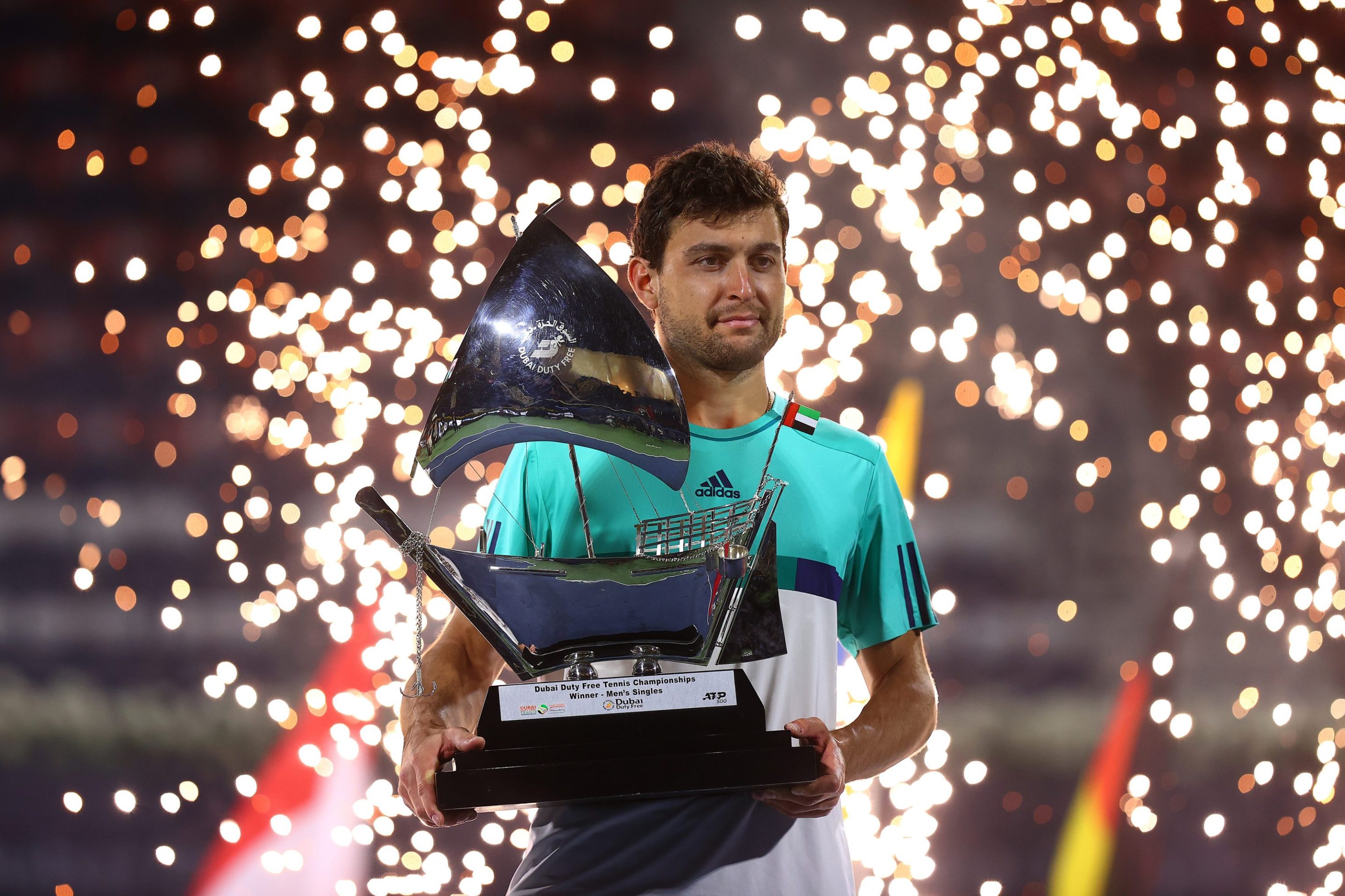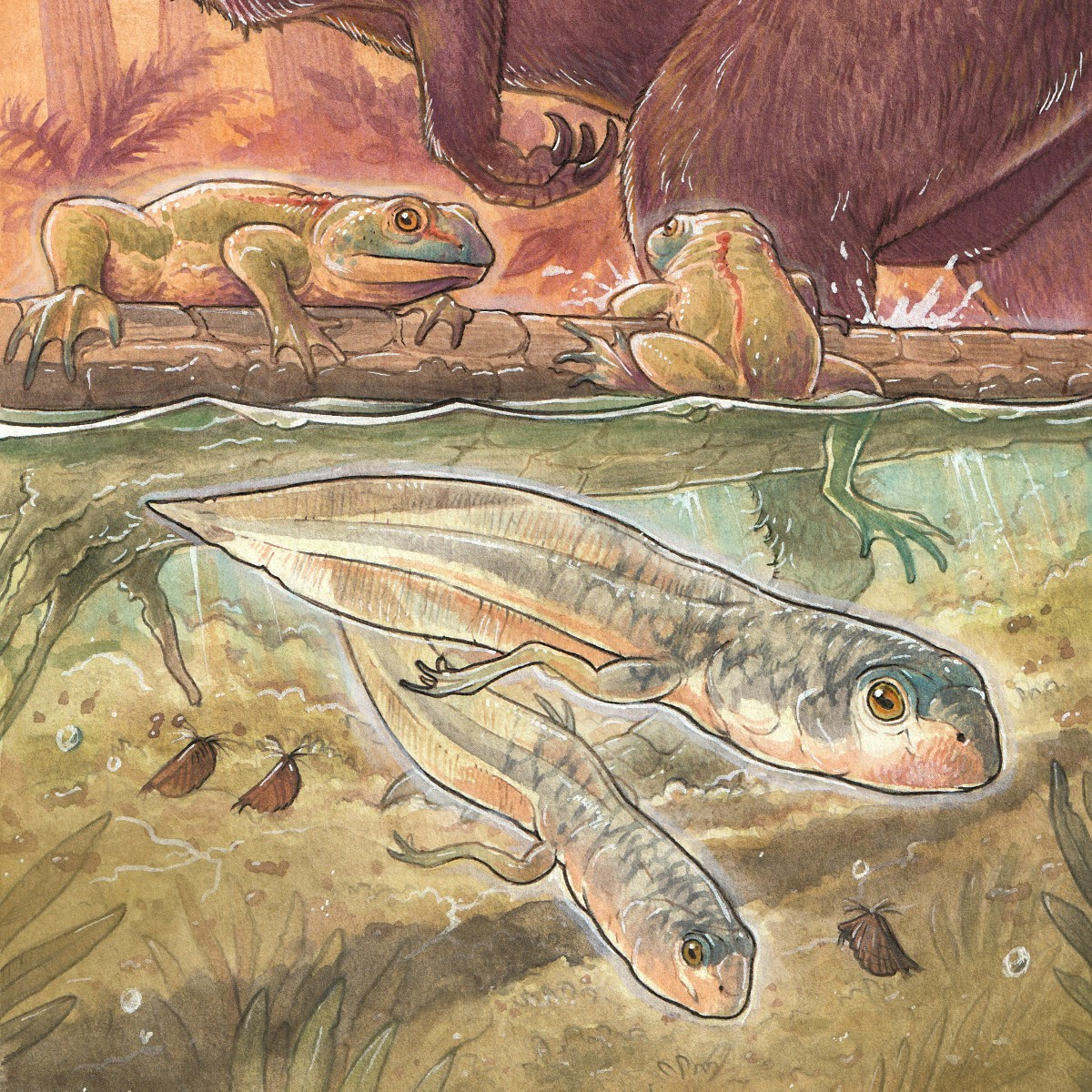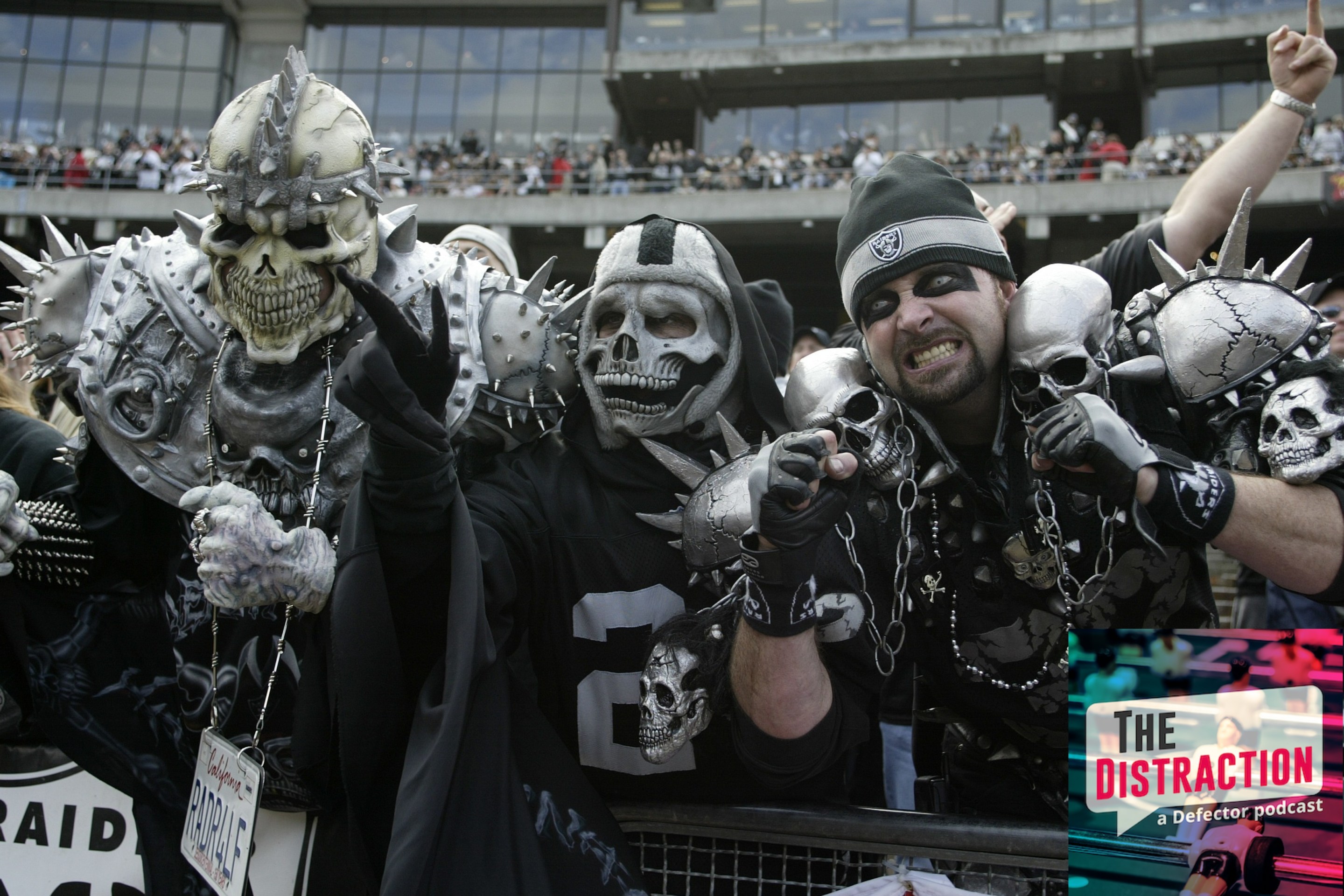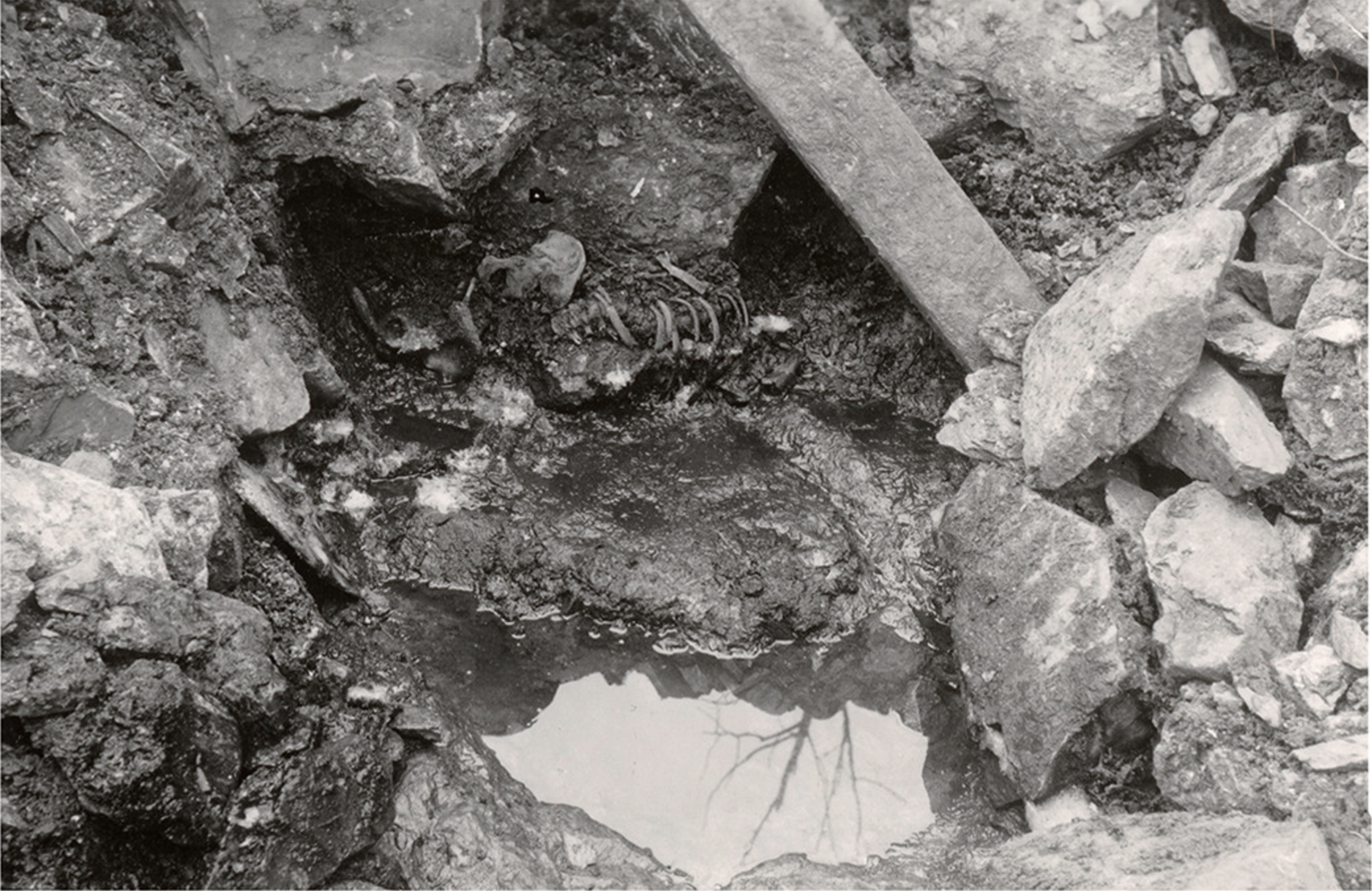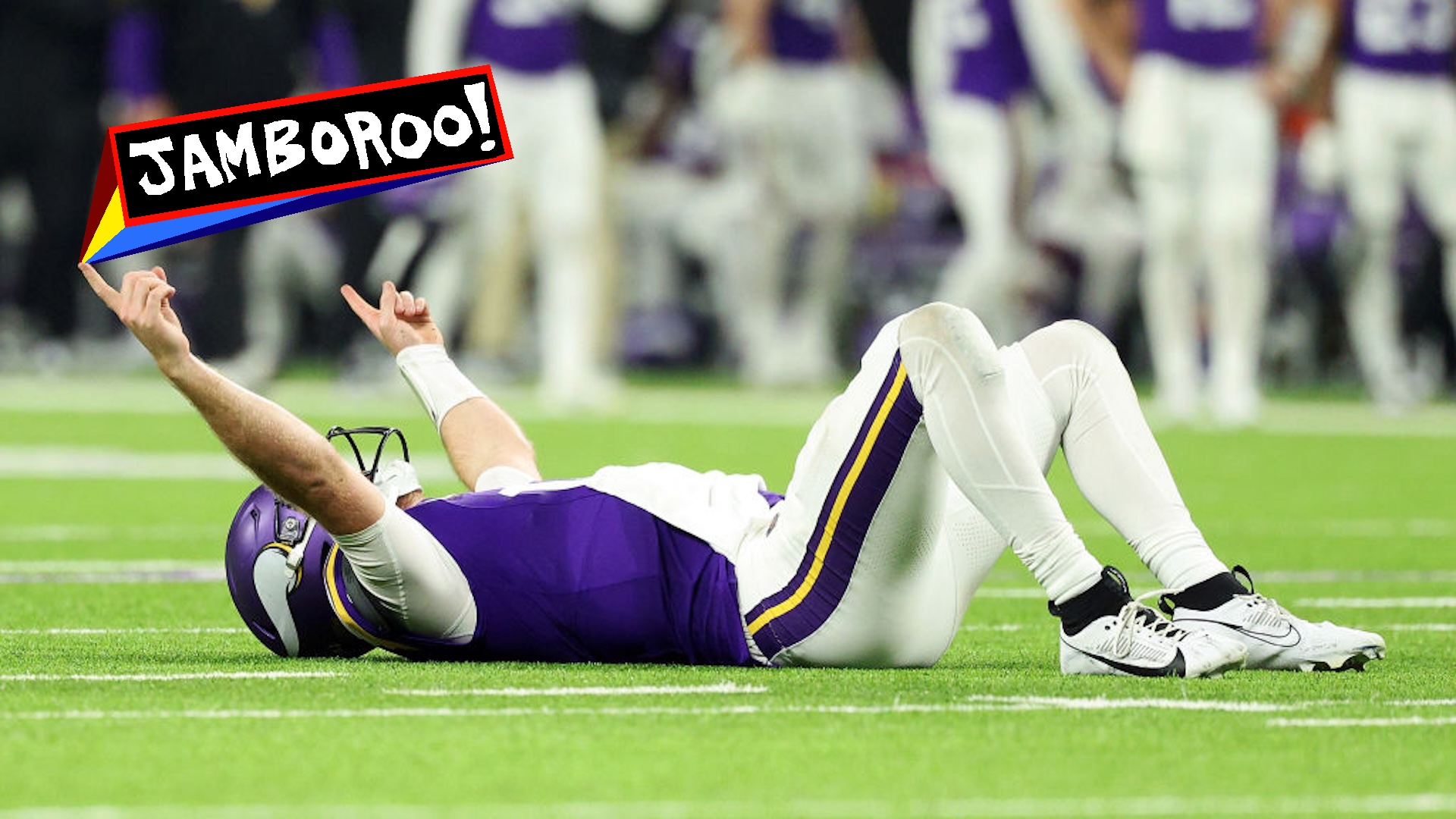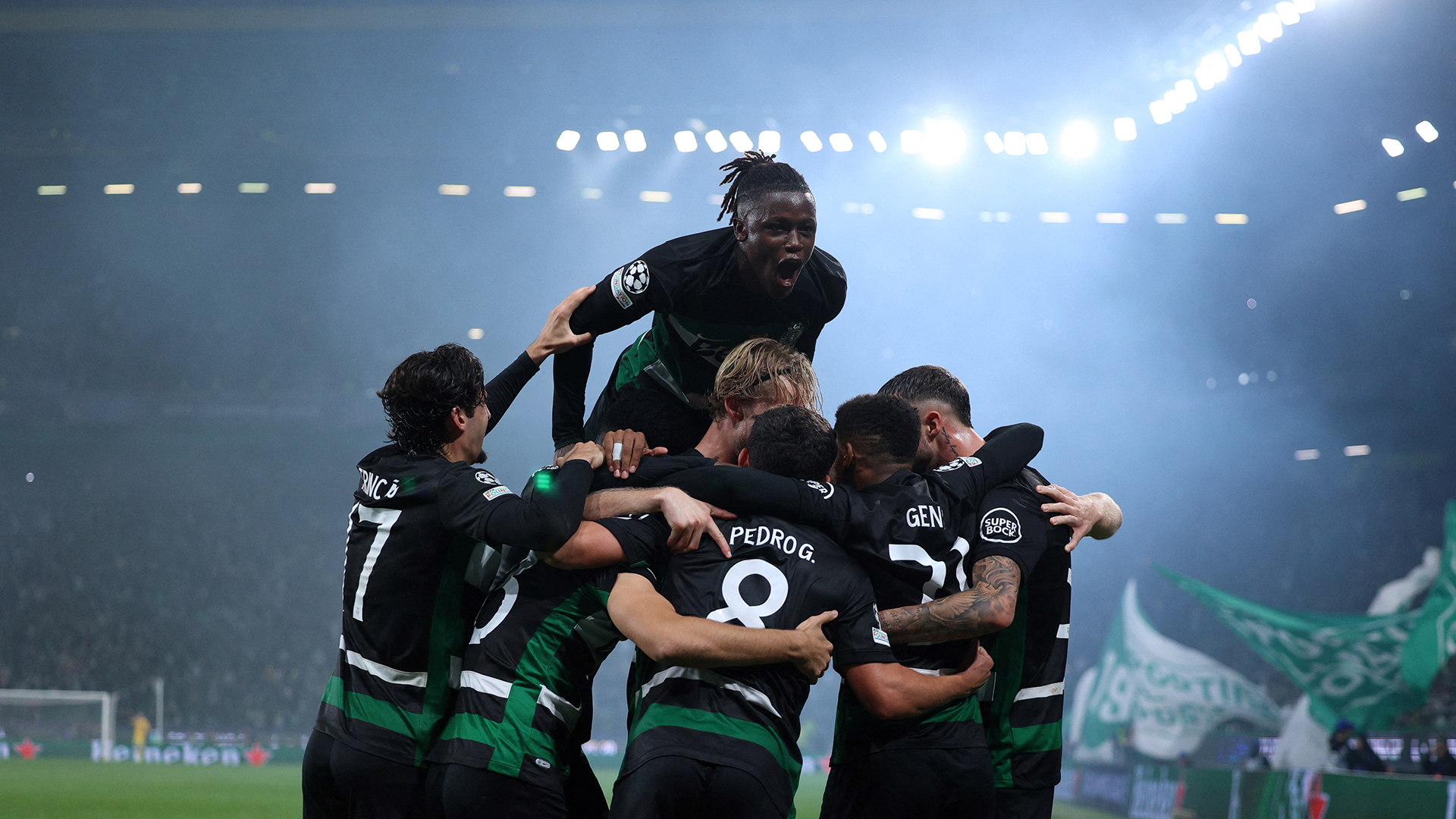What ever happened to that unknown 27-year-old Russian qualifier who, in defiance of his unremarkable playing history, bulldozed the field at the Australian Open? The one who had never previously qualified for a major, but beat three seeded players and lost in the semifinals to eventual champion Novak Djokovic? He just kept doing it. If Aslan Karatsev is a world-historical fluke, he still hasn't hit his regression to the mean. Good luck to anyone, including him, trying to make sense of that.
After the Australian Open, at the Qatar Open in Doha, Karatsev reached the second round but lost to defending U.S. Open champ Dominic Thiem in a three-setter. The week after that, at the Dubai Tennis Championships, he got right back on his bullshit and won the men's title. To put it another way: Karatsev's only two losses of the 2021 season have been to the No. 1 and No. 4 men's players in the world.
When the tennis tour resumed after the COVID-19 suspension, Karatsev experienced a career reincarnation. Before that point, he had played only eight tour-level matches in his whole life, and gone 1-7. In the last two weeks alone he played eight, and went 7-1. He now has an ATP 500 title, the third-biggest prize in the sport after the Slams and Masters.
Karatsev is not a dude accustomed to scrapping with players in the top 100, let alone the top 50. He had not been breathing the same air as the players you see on television, instead grinding on the Challenger and Futures circuits that lie below the pro tour. The average world ranking of Karatsev's opponents in 2019, across 60 matches, was 364; the median was 278. He went 33-27 against that crowd. Before the fall of 2020 and the reincarnation of his career, Karatsev had only played well enough to encounter a top-50 player twice. He lost both matches, one in 2013 and one in 2015.
Now Karatsev is beating almost all the top-50 players in his path. At the Australian Open he beat No. 9 Diego Schwartzman, No. 19 Felix Auger-Aliassime, and No. 21 Grigor Dimitrov. In Dubai last week he beat No. 28 Daniel Evans, No. 37 Lorenzo Sonego, No. 32 Jannik Sinner, and, for his second top-10 win, No. 8 Andrey Rublev. Linger on that last one for another beat. Rublev has been one of the hottest players on the men's tour since it resumed, compiling a 42-10 record. He had a 23-match win streak at ATP 500 events going into Friday's match against Karatsev, having won titles at Hamburg, St. Petersburg, Vienna, and Rotterdam between September and March.
And then Karatsev beat him in three sets, at his own game: hyper-aggressive baseline bullying. At times I wondered if he wasn't just a better version of Rublev. Could any uninformed observer look at this match between countrymen and suss out which one was the hyped-up 23-year-old and which one was the vanishingly obscure 27-year-old? This was the game where this reality set in for me: three straight winners as Karatsev consolidated a break. Though Karatsev was reborn in late 2020 a fully-formed tennis demigod, he still suffers from occasional nerves. He tightened up late in both the second and third set, and saw his serve broken both times, which cost him the second set. Luckily for him, he had the extra cushion of a double-break in the third set and served it out on his second go-around to win 6-2, 4-6, 6-4.
In Saturday's bizarro Dubai final, Karatsev the wild card matched up with qualifier Lloyd Harris. It was a battle of journeymen who'd never dug this deep into such a tournament. This also meant that the rangy Harris was playing his eighth match in as many days, however, and he couldn't physically keep up with the barrage from a suddenly all-universe ball-striker. Karatsev won 6-3, 6-2 and hopped up another 15 ranking spots to become the No. 27 player in the world.
The writerly impulse is to search for some concrete change in tactics or equipment or training that turned around Karatsev's career and pulled him out of the shadows. Nothing he's said at any point hints at such a crisp answer. No matter the ranking of the opponent he has just beaten, he stays deadpan and hardly cracks a smile in his soporific post-match interviews. All he offers are the usual platitudes about self-belief and understanding he could hang with the best, plus getting over injuries. This would be an easier explanation to digest if he had shown even intermittent flashes of this talent level in the previous nine years of his professional career, but again, nope. In this week's Miami Open field that will be missing Rafael Nadal, Roger Federer, Novak Djokovic, and Dominic Thiem, you would not be insane to pick Aslan Karatsev as a favorite to win it, even though he's never played a match at this tournament in his life.
